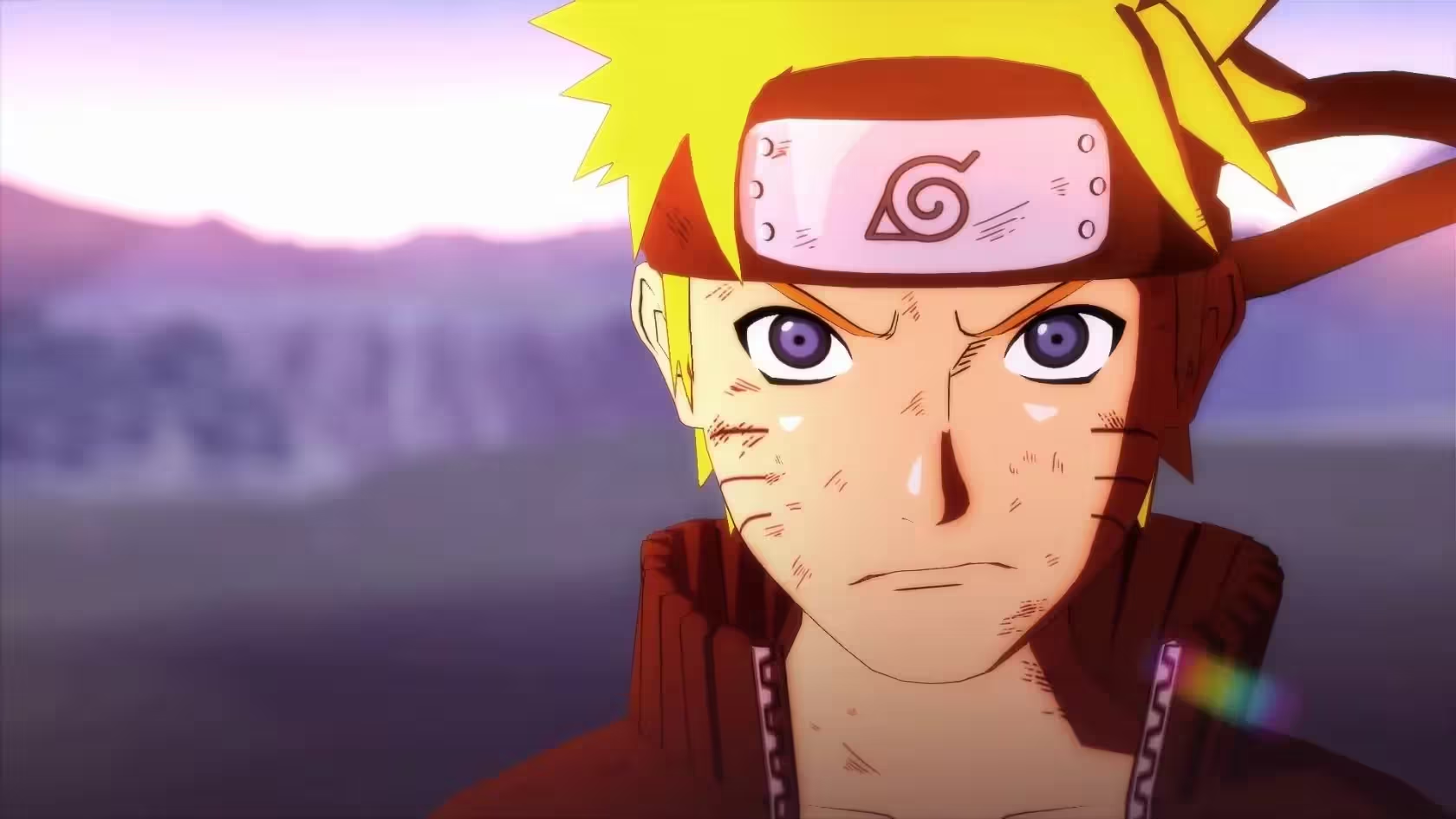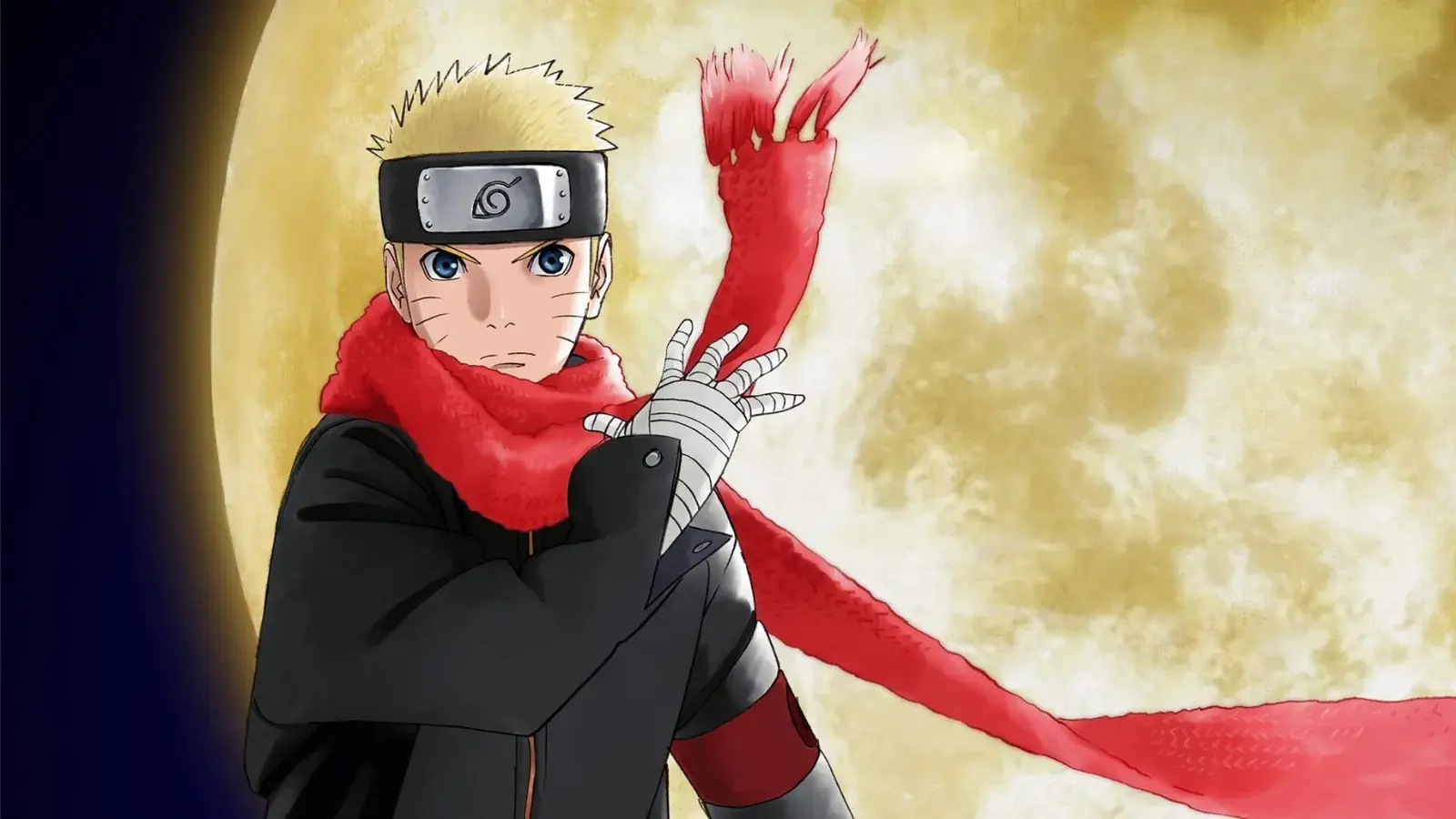5 Minutes
Translating a Cartoony World into Cinematic Reality
Tasha Ho, the screenwriter and producer currently promoting the final season of Tomb Raider: The Legend of Lara Croft, has opened up about the unique challenge of adapting Naruto — one of the most iconic manga and anime franchises — into a live-action feature. In interviews, Ho describes the task as less about copying flashy set pieces and more about making the strange, kinetic energy of the original material feel emotionally real on screen.
The Naruto live-action project has a long history. Announced in 2015, it spent years in development limbo before gaining fresh momentum when Destin Daniel Cretton, best known for Shang-Chi and the Legend of the Ten Rings, joined as co-writer and director last year. According to reports, Cretton and Ho completed the screenplay in August 2024 — a major milestone — but Cretton is currently tied to commitments on Spider-Man: Brand New Day. Industry observers expect him to revisit Naruto after that film’s July release, possibly shifting focus between a Shang-Chi sequel and this ambitious adaptation.
What Tasha Ho focused on
Ho explains the central dilemma plainly: the world of Naruto is gloriously over-the-top. "When you watch anime or read manga, certain rules are accepted because of the medium," she told Nexus Point News. "But when you translate that into real people delivering genuine dialogue, everything changes. Our aim was to make the story feel tangible — to let it breathe as a live-action film while honoring the spirit that made Naruto resonate with readers and viewers worldwide." She calls this balancing act the biggest creative challenge — and also the most rewarding.

That tension — between stylized spectacle and grounded emotion — is a common thread in successful anime-to-live-action conversions. Netflix’s One Piece and Alice in Borderland found success by leaning into strong character work and narrative momentum, while movies such as Edge of Tomorrow used clever adaptation choices to translate high-concept premises into accessible cinema. Conversely, many adaptations have faltered when spectacle outpaced clarity or when fan expectations weren’t thoughtfully managed.
Behind the scenes and the production team
Producers on the film include Jevon Manford, Jeremy Latham, Avi Arad, Ari Arad, and Amy Yu. The story remains focused on ninja trainees and centers on Naruto Uzumaki — the headstrong young ninja who dreams of becoming Hokage, the revered leader of his village. The original Naruto manga ran from 1999 to 2014 and sold over 250 million copies globally, spawning multiple anime series, video games, and a vast merchandising ecosystem. That cultural footprint creates both opportunity and pressure for any adaptation.
Casting details are still under wraps and the exact production timeline awaits Cretton’s schedule. But with the script reportedly locked, the next phases should clarify whether this adaptation will emphasize epic ninja action, intimate coming-of-age drama, or some blend of both.
"Adapting Naruto requires sensitivity to fandom and a filmmaker's willingness to reshape elements for cinematic logic," says cinema historian Marko Jensen. "If handled well, it could introduce Naruto to new audiences while satisfying long-time fans; if mishandled, it risks the pitfalls that have plagued other adaptations." His view underscores the tightrope walk between fidelity and reinvention.
Industry context and fan expectations
The late 2010s and early 2020s saw a surge in anime properties being adapted for Western audiences, often with mixed results. Studios now understand that success more often comes from respecting source material's emotional core rather than slavishly copying every set piece. For Naruto, the heart of the story — community, struggle, identity, and legacy — may be the key that allows wild ninja techniques and fantastical elements to feel earned in live-action.
Fans remain vocal and vigilant. Social media threads, forums, and fan edits regularly debate tone, casting, and fidelity. This adaptation will be judged not only by box-office receipts but by whether it captures the spirit that made Naruto a global phenomenon.
Whether this film will become a breakout adaptation like One Piece or a cautionary tale depends on choices made now, in script and early production decisions. For cinephiles and anime fans alike, the project offers one of the most intriguing test-cases in translating manga and anime to mainstream live-action cinema.

Comments
DaNix
Is Cretton even free tho? Script's locked but he's juggling Spider-Man, Shang Chi and who knows what else. If that's real then...
byteflux
Wow this is wild, hope they nail Naruto's heart not just the fights. Skeptical but curious… also pls dont ruin my childhood lol


Leave a Comment